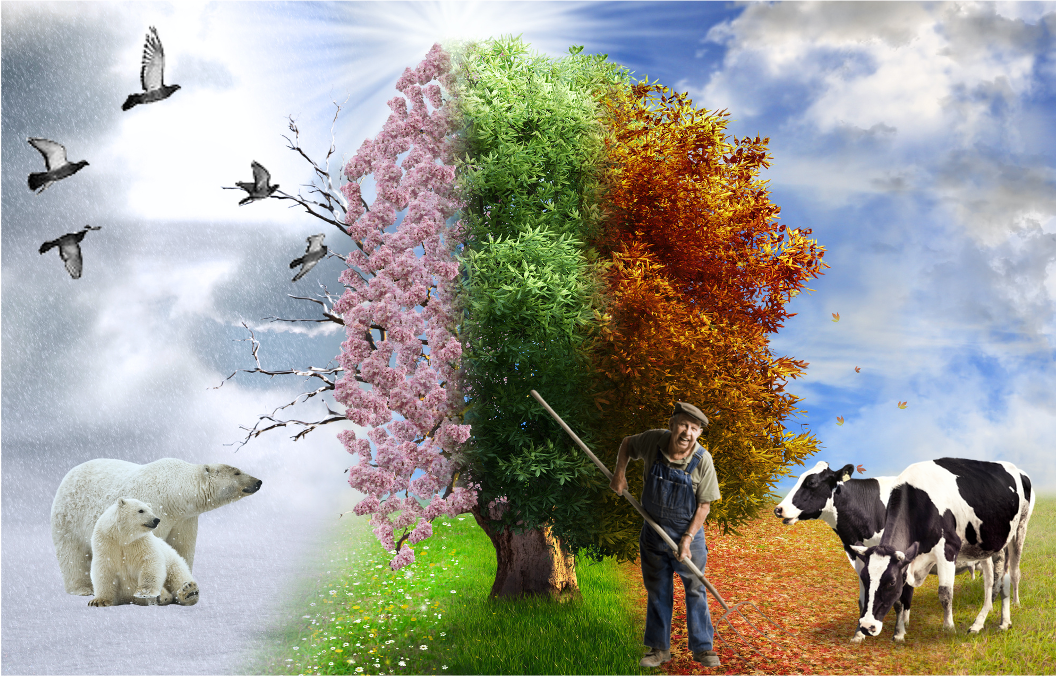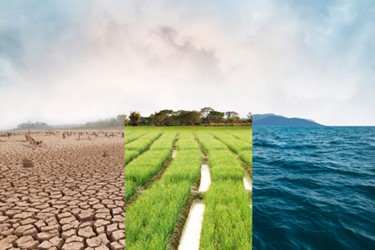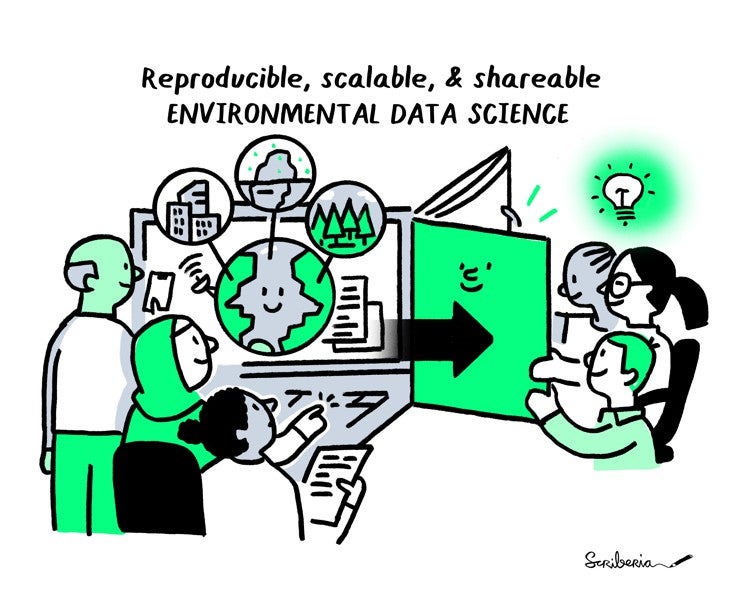The same commitment to the study of climate change and climate impacts that propels my research also inspires my teaching. My aim as a teacher is to prepare and inspire students to be ethical environmental scientists who combine scientific research with policy analysis to provide integrative assessments of the impacts of climate change and inform decision-making on global environmental challenges. I believe in establishing clear intended learning outcomes throughout courses, active learning through real life examples and class participation, student assessment. You can learn more about my teaching philosophy.
My teaching focuses on the complex interactions between humans and our environment. The following is the list of courses he is currently teaching at UC Davis:

Crisis in the Environment (Science and Society 9)
SAS 9 is an undergraduate general education course that explores contemporary environmental issues. We examine the causes, effects and solutions to a wide range of environmental problems facing the global ecosystem. The lectures also integrate the political, societal and economic dimensions of these issues. Topics covered include climate change, air pollution, ocean exploitation, forest management and wildfire, food and water insecurity and more.

Severe and Unusual Weather (Atmospheric Science 10)
ATM 10 is an undergraduate general eduction course that surveys many types of severe weather and unusual atmospheric optical phenomena. The course includes plenty of fun in-class demonstrations and videos! For example, we make a cloud in a bottle, crush cans and we even have a tornado machine! In addition to identifying all the clouds in the sky, you will learn about optical phenomena like rainbows, sundogs, halos or mirages. You will also learn how to prepare for and what to do during extreme weather. So this course could literally save your life one day!

Biometeorology (Atmospheric Science 133)
ATM 133 is an upper-division undergraduate course that explores the interactions between the biosphere and the atmosphere. Topics covered include the physical and biological basis for water vapor, carbon dioxide, and energy exchanges with the atmosphere associated with plants and animals, including humans. We also explore the microclimate of plant canopies, evapotranspiration, and microclimatic modification such as frost protection.

Climate Change, Water and Society (CCWAS)
CCWAS is a graduate course that integrates climate science and hydrology with policy to understand the hydroclimatology and its impact upon natural and human systems with a focus on California water issues. This course aims to expose students to theoretical concepts and methods from multiple disciplines, and to provide venues for all students to bring their disciplinary and interdisciplinary training to bear on a common challenge and set of activities. CCWAS is cross-listed as Atmospheric Science (ATM 245), Ecology (ECL 245) and Hydrologic Sciences (HYD 245).

Group Study – Environmental Data Science (Atmospheric Science 298)
ATM 298 is graduate group study course that aims to introduce environmental science graduate students to recent developments in the analysis, visualization and modeling of Earth system and environmental science data using the R and/or Python languages. This course will focus on large datasets with high-dimension (time, latitude, longitude, vertical levels, additional channels) and high-resolution that are considered “big data”. You will learn how to set up a GitHub repository and to version control and properly document your code. You also learn how to read, write and manipulate various types of Earth system and environmental science data (including Earth system model output). You will train on a range of statistical analysis methods and visualization techniques and you will be introduced to basic machine learning modeling.
Students enrolled in these classes can found more information on Canvas. If you’re not enrolled but are interested in these classes, learn how to register.